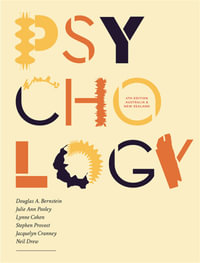
Desire and its Interpretation
The Seminar of Jacques Lacan, Book VI
By: Jacques Lacan, Jacques-Alain Miller (Editor), Bruce Fink (Translator)
Hardcover | 31 May 2019
At a Glance
Hardcover
RRP $124.95
$78.50
37%OFF
Aims to ship in 7 to 10 business days
ISBN: 9781509500277
ISBN-10: 1509500278
Published: 31st May 2019
Format: Hardcover
Language: English
Number of Pages: 568
Audience: Professional and Scholarly
Publisher: John Wiley & Sons (UK)
Country of Publication: GB
Dimensions (cm): 23.5 x 16.4 x 4.5
Weight (kg): 0.94
Shipping
| Standard Shipping | Express Shipping | |
|---|---|---|
| Metro postcodes: | $9.99 | $14.95 |
| Regional postcodes: | $9.99 | $14.95 |
| Rural postcodes: | $9.99 | $14.95 |
How to return your order
At Booktopia, we offer hassle-free returns in accordance with our returns policy. If you wish to return an item, please get in touch with Booktopia Customer Care.
Additional postage charges may be applicable.
Defective items
If there is a problem with any of the items received for your order then the Booktopia Customer Care team is ready to assist you.
For more info please visit our Help Centre.























